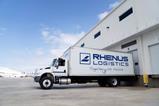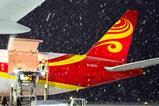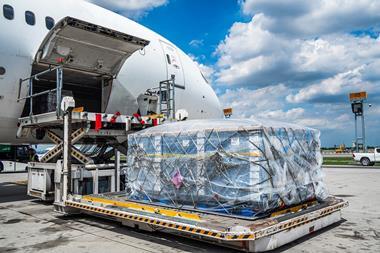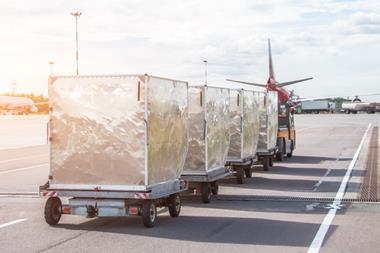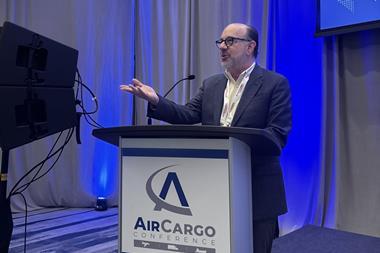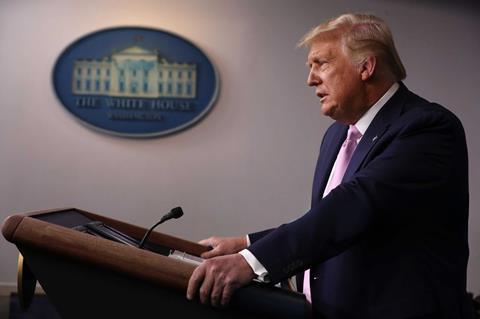
US automotive manufacturers have welcomed the White House's decision to amend tariffs applied to products of Canada and Mexico to “minimise disruption to the US automotive industry and automotive workers”.
The Trump administration yesterday announced that goods of Canadian or Mexican origin that enter the US under the US-Mexico-Canada Agreement (USMCA) would have a one-month reprieve on the 25% tariff rate introduced earlier this week.
President Donald Trump had earlier announced a one-month delay to the tariffs for car makers covered by the USMCA.
The USMCA covers around half the goods coming into the US from Mexico and just under 40% of the goods from Canada.
"The American automotive industry as currently structured often trades substantial volumes of automotive parts and components across our borders in the interest of bringing supply chains closer to North America," the White House said.
The move was welcomed by the American Automotive Policy Council: "American Automakers Ford, GM and Stellantis applaud President Trump for recognising that vehicles and parts that meet the high US and regional USMCA content requirements should be exempt from these tariffs.
"We look forward to working with President Trump and his administration on our shared goals of increasing US automotive production and expanding exports to markets all around the world,” said Matt Blunt, president of AAPC.
On 4 March, the US applied 25% tariff on imports from Canada and Mexico and a further 10% tariff on goods from China, in addition to a 10% levy applied earlier in the year.
In response, Canada responded with 25% tariffs against $155bn of US goods – starting with tariffs on $30bn worth of goods immediately, and tariffs on the remaining $125bn on American products in 21 days’ time.
China retaliated with hikes to import duties of 10-15% covering $21bn worth of American agricultural and food products.
Mexico has also announced it will respond. Details are expected over the weekend.
Earlier this week, the US Airfwarders Association (AfA) warned that the sudden implementation of tariffs is creating uncertainty among its members.
A survey conducted by the association at its annual AirCargo 2025 conference revealed that 62% of AfA members are highly concerned about how the new wave of tariffs will affect their business operations.








